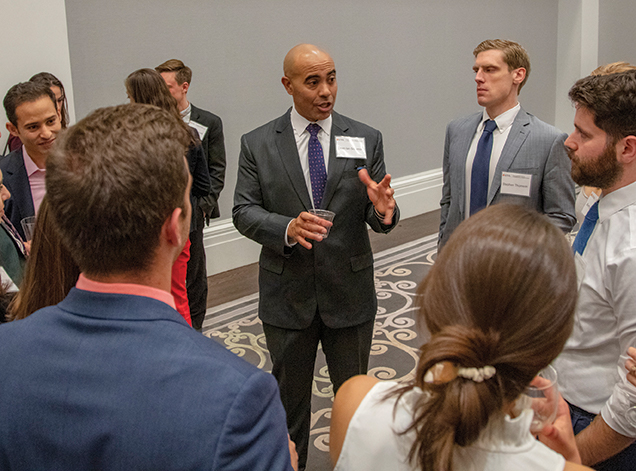Johannesburg, South Africa, June 1993.
I was a college student on my first overseas trip when a group of heavily armed men from a right-wing Afrikaner militia group crashed an armored vehicle through the glass doors of the Johannesburg World Trade Center.
Inside the building, participants in a multi-party negotiating process were convening to map the transition from apartheid to non-racial democracy. The men who raided the building, in combat gear equipped with machine guns, were part of a 3000-person protest surrounding the building. Their attack was an attempt to disrupt the negotiations.
It was a tense moment. Weeks earlier a popular anti-apartheid activist had been assassinated in his driveway. Politically motivated murders between rival groups were spreading like cancer through the townships. Many feared that a civil war fueled by political polarization, racial violence, and malevolent interference from unidentified parties would drown the country in bloodshed.
But the negotiators pressed on, setting a date for a national election.
Shortly before the scheduled election, Nelson Mandela was a guest on a radio program to which people called in to share their views. One of the callers was a man who, ten months earlier, had been among the men storming the World Trade Center. The caller threatened that the country would be “embroiled in a bloodbath.”
Mandela had endured 27 years as a political prisoner. He was an architect of the anti-apartheid struggle, including the founder of its military wing. His response to the caller is rich with lessons.
“Well, Eddy,” Mandela replied. “I regard you as a worthy South African, and I have no doubt that if we sit down and exchange views, I will come closer to you and you will come closer to me… Let’s talk, Eddy.”
